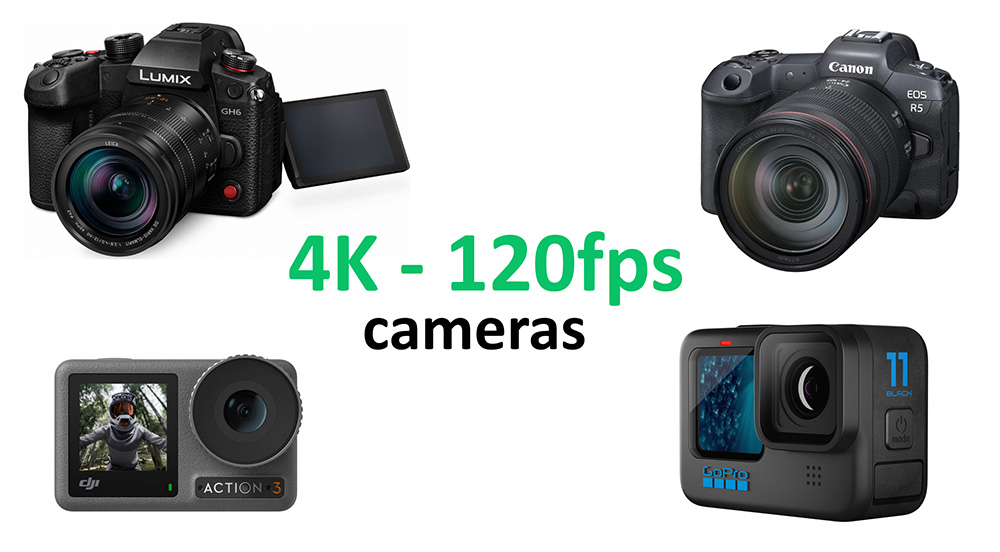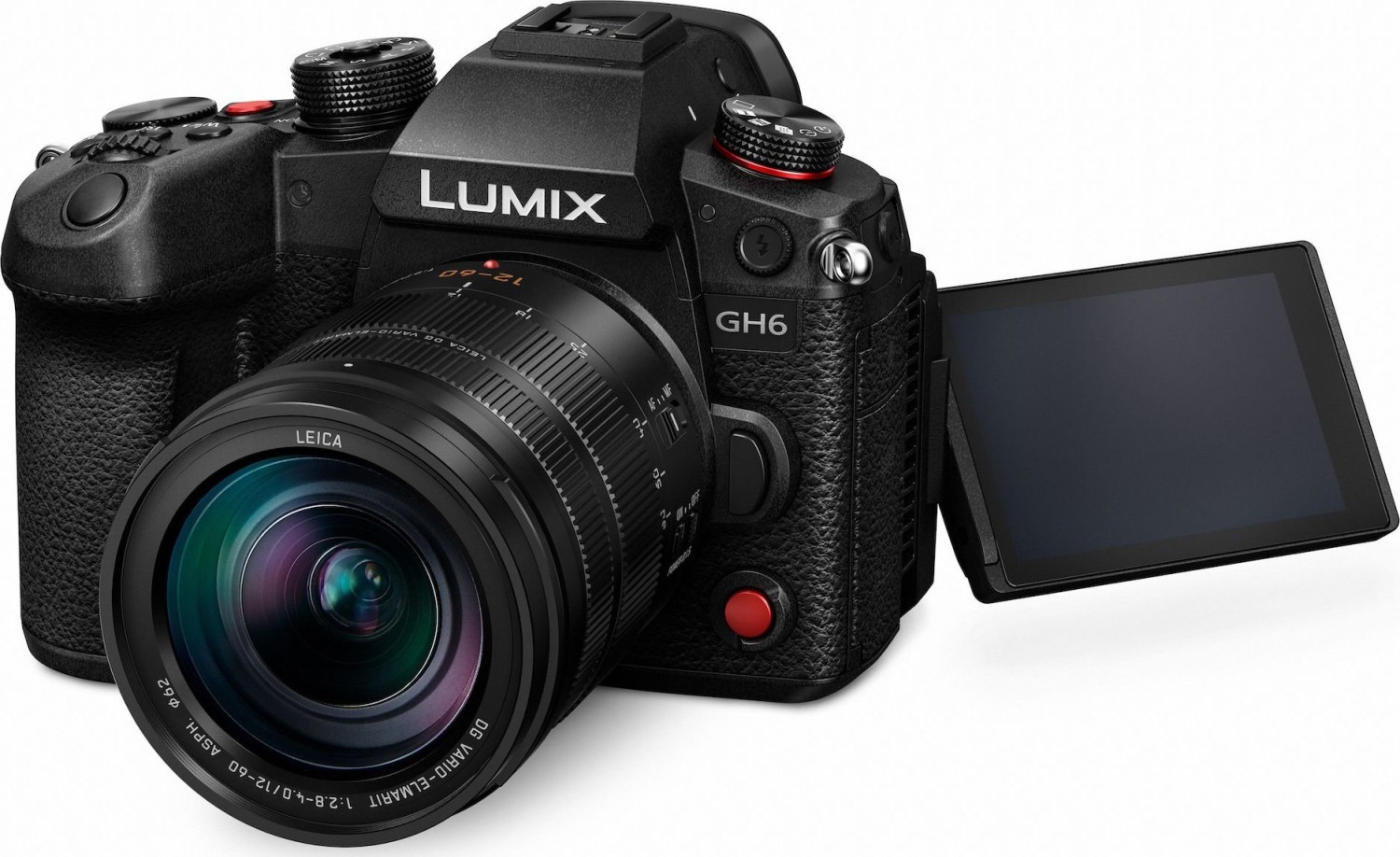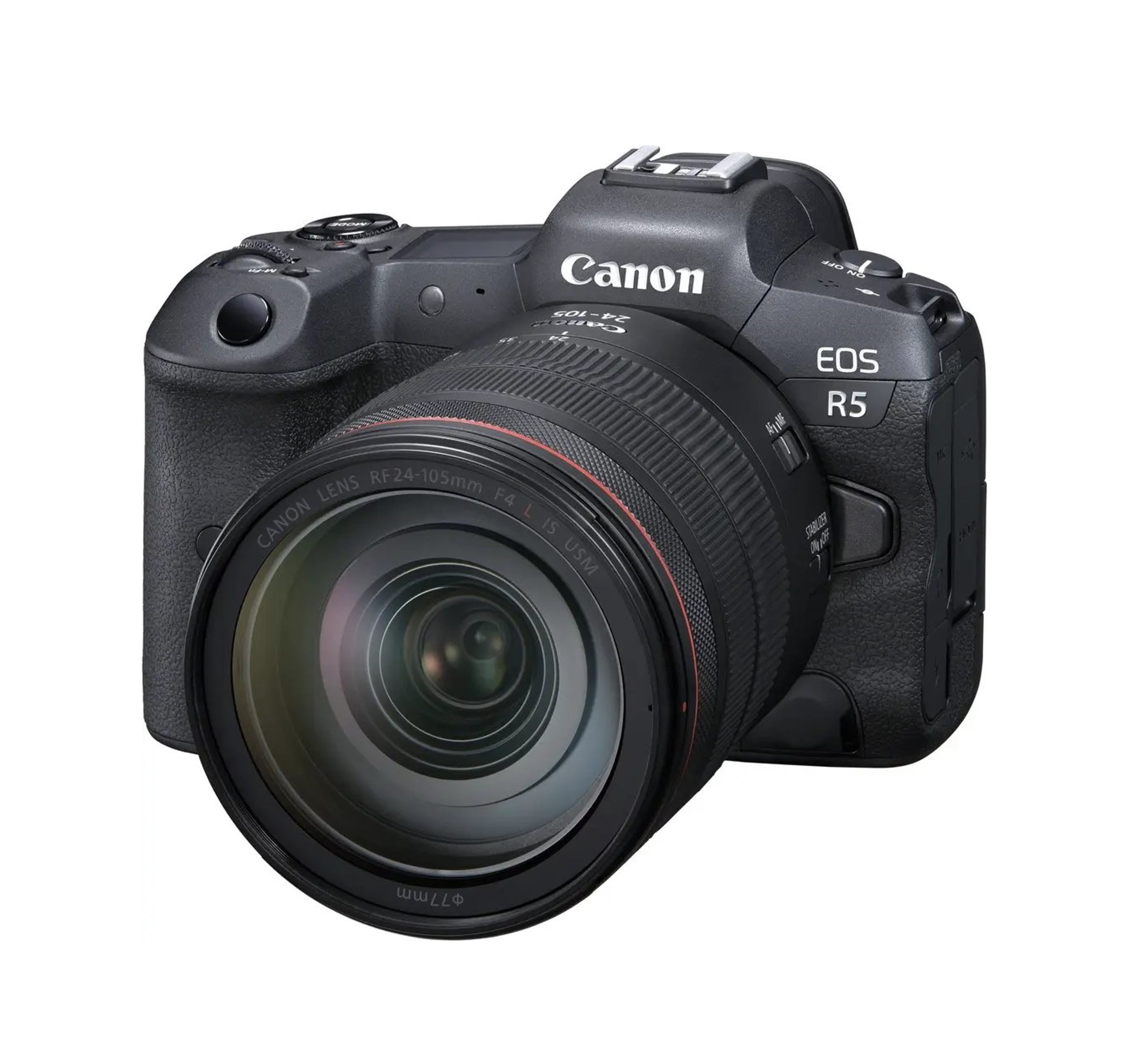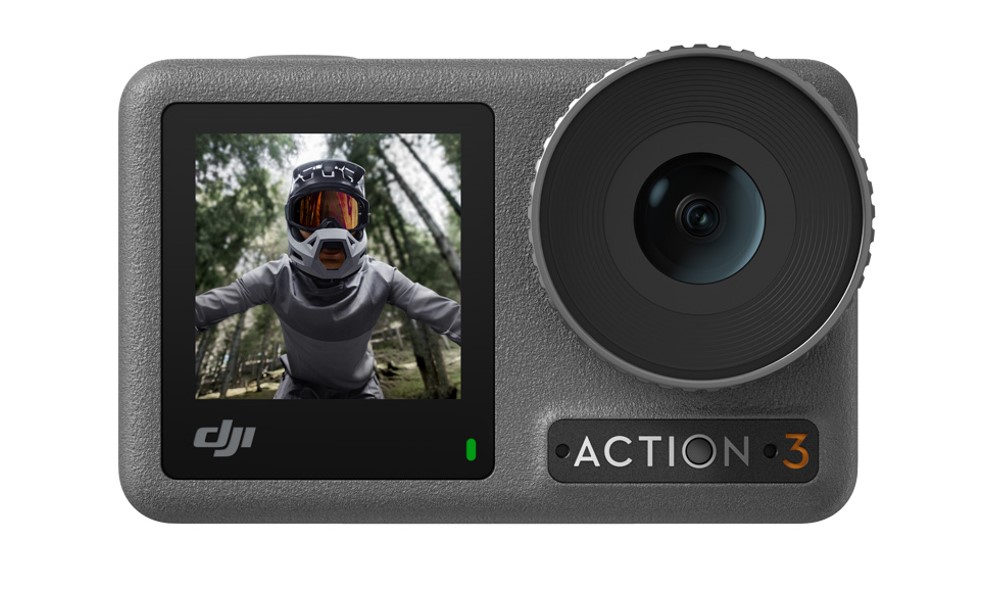4k - 120fps cameras

This 1000fps.net article deals specifically with consumer cameras, that allow users to create 4K recordings at 120fps.
Note: The article refers to the "amateur range". This means that only cameras in an "affordable" price segment are considered.
Of course, it has been possible to record 4k at 120 frames per second for a long time, but this was only reserved for professional cameras. When "amateur cameras", “consumer cameras” or "professional cameras" are mentioned here, this refers exclusively to the price. In terms of quality, today's consumer cameras are not much inferior to professional cameras.
4K / 120fps is a new milestone
4K, also called Ultra High Definition (UHD), is becoming more and more popular. Especially in the private sector, 4K TVs are extremely trendy. Those users who make video privately are naturally striving to take advantage of this technology advancement.
Although 4k cameras have been around for a while, they were usually limited to a frame rate of 30fps and later 60fps. However, recording at 120 frames per second has the following advantages:
- With 120fps slow motion recording is possible. If 120fps is played back at 24fps, a 5x slowdown is achieved.
- On the other hand, 120fps offers an ultra-smooth and therefore high quality playback image. If you choose an output framerate of 60fps, a 2x slow motion effect is still possible.
Is 4K - 120fps necessary?
Isn't 1080p - 120fps also enough? Everyone must answer this question for themselves. Here are some arguments why 4K should be preferred over Full HD:
- Higher resolution:
4K resolution has four times as many pixels as Full HD, which means that you can display much more detail and clarity. This is especially noticeable on larger screens, where the difference in resolution is more pronounced.
- Cropping in postprocessing:
The higher the resolution, the more flexibility you have when it comes to cropping and making other edits to the image. With the significantly higher resolution you “gain freedom”, especially when you need to make significant crops to the image. For example, when zooming in and out.
- Future proofed:
As technology continues, it's ensured that higher resolutions will become more common. Having the possibility to record 4K footage now help you to ensure that your videos are ready for upcoming high-resolution future content without needing to recreate it.
Everyone should decide for themselves whether they want to take the step into the future now or later. It is certain that the film and video sector is developing rapidly and that 4k is certainly not the end of the line.
Here an overview of the best 4K - 120fps cameras:
Best 4k 120fps cameras
Panasonic GH6

The Panasonic GH6* is an absolute beast in the semi-professional sector. The LUMIX GH6 is a mirrorless micro four thirds camera with a 25.2 megapixel MOS Sensor. It is capable of recording in 5.7K - 60p and 4K - 120p, 10-bit video with unlimited recording time.
A 5-axis dual image stabilizer for super smooth video footage is also included. The GH6 has numerous settings where the resolution and frame rate can be adjusted. So, it is also possible to record 4K 120fps video.
Canon EOS R5

The Canon EOS R5* is a high-quality full-frame mirrorless camera with a 45 megapixel CMOS sensor. It is capable of capturing 8K video and has a continuous photo shooting speed of up to 12 fps with a mechanical shutter and up to 20 fps with an electronic shutter. It has dual memory card slots and a 5-axis in-body image stabilization system.
In addition to its impressive 8K capabilities, the EOS R5 can also capture 4K video at up to 120 fps. This allows you to capture smooth, detailed slow-motion footage with stunning high resolution. With these advanced video capabilities, the EOS R5 is an excellent choice for every videographer who want to capture professional hight-quality SloMo footage.
DJI Action 3

The DJI Osmo Action 3* is an outdoor action camera designed to capture high-quality video and photos in a variety of rough environments. The DJI Action 3 also has various image stabilization modes, including RockSteady 3.0, HorizonSteady, and HorizonBalancing, to ensure smooth and leveled footage.
Built to withstand extreme conditions and waterproof down to 16 meters. Included is are dual touchscreens with a hydrophobic coating for easy operation, even with wet hands. For sure it is capable of recording 4K video at 120 fps for stunning Super- Slow Motion Action Shots.
In summary, you can see that 4K 120fps cameras are not yet very common. It is very interesting that action cameras like the DJI Osmo Action 3* or the GoPro Hero 11* already allow 4K @ 120fps videos. However, it is certain that in the near future numerous other manufacturers will launch models that support 4K/120fps videos. Stay up to date on 1000fps.net!